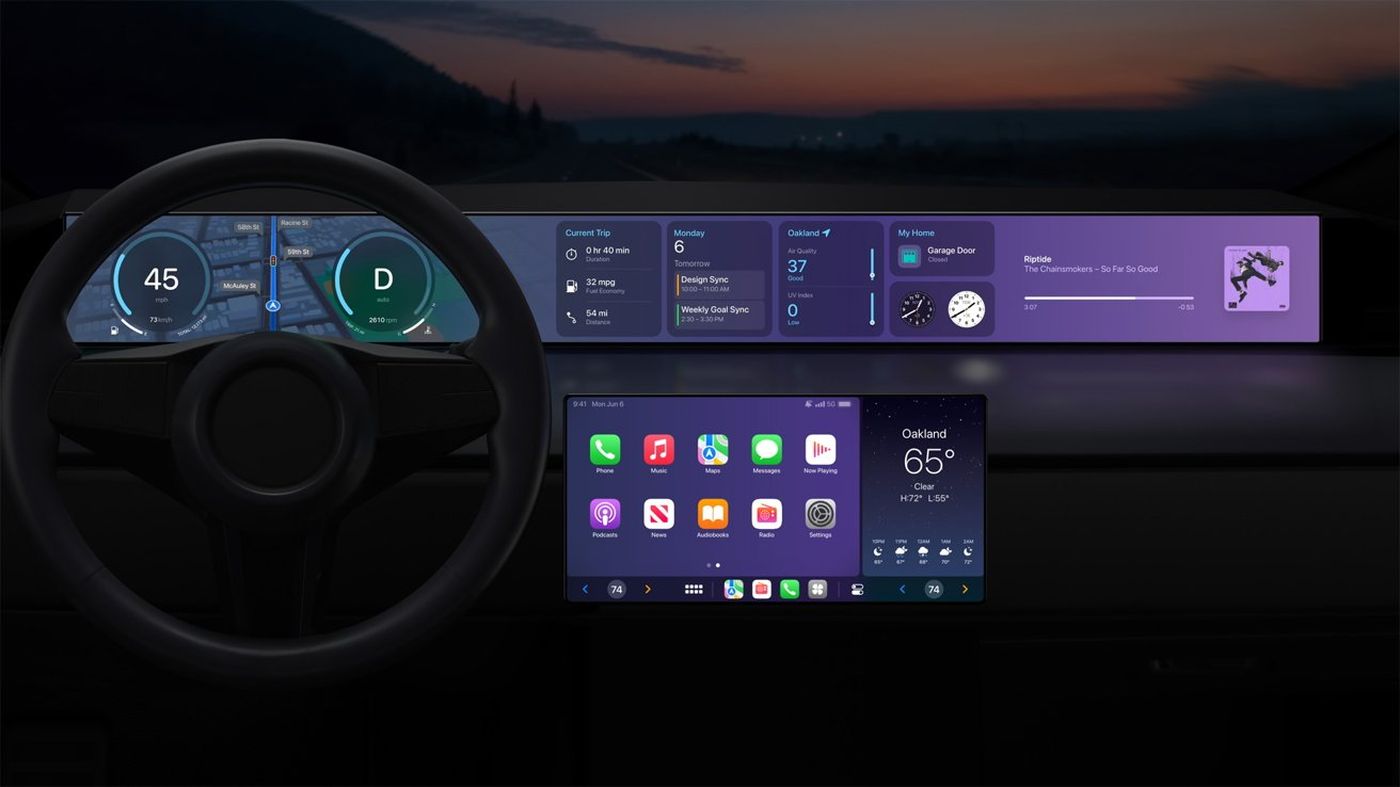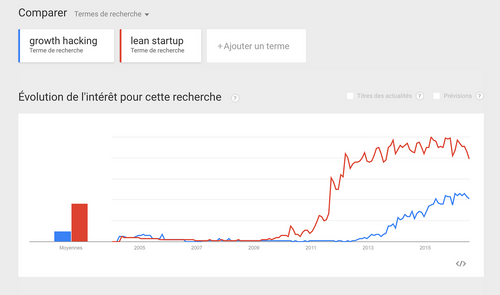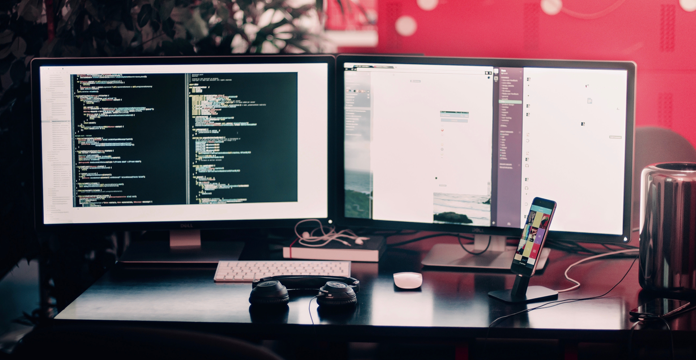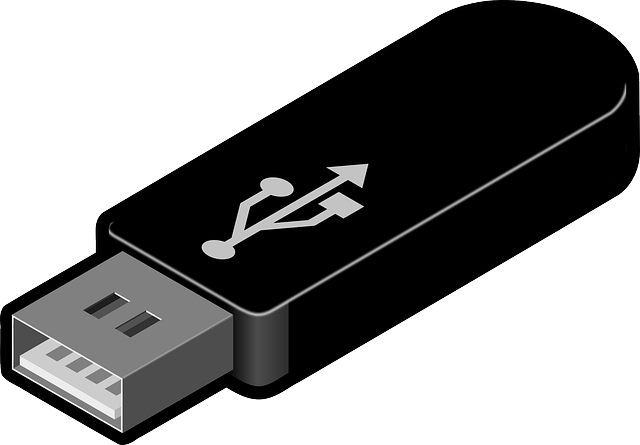Nearly 50% of Companies to Rely on AI for Cyber Attack Prevention in 2025
Nearly 50% of Companies to Rely on AI for Cyber Attack Prevention in 2025. According to data from TechGaged.com, nearly half of companies have identified cybersecurity as the top use case for AI in the year ahead, far outpacing its adoption in other business areas. - Malware Update / affiche

For the third year in a row, artificial intelligence will be the most critical technology, outpacing cloud computing and robotics in driving innovation and shaping the tech industry. While AI will impact diverse sectors, from healthcare and energy to manufacturing, its main mission in 2025 will be strengthening cybersecurity.

Tyler Olson
According to data from TechGaged.com, nearly half of companies have identified cybersecurity as the top use case for AI in the year ahead, far outpacing its adoption in other business areas.
Cybersecurity Surpasses Automation and Analytics in AI Use
The cybersecurity market is facing significant challenges. Although the number of cyberattacks has dropped since peaking in 2021, their financial impact is worse than ever. In 2025, global cybercrime costs are projected to exceed $10 trillion, 10% more than last year, a shocking milestone despite the billions of dollars poured into cybersecurity.
Furthermore, companies are grappling with a widening cybersecurity workforce gap, and lack a shocking 4.7 million skilled professionals, according to the 2024 ISC2 Cybersecurity Workforce Study. In response, many of them turned to AI and automation to keep their organizations secure, a trend that gained momentum this year. The IEEE Impact of Technology in 2025 global survey confirms cybersecurity as the leading use case for AI in business.
Conducted among 350 CIOs, CTOs, and IT directors in companies with over 1,000 employees across Brazil, China, India, the US, and the UK, the survey showed that 48% of respondents plan to use AI to detect and prevent cyberattacks, 3% more than last year.
Far behind, 39% of companies cited educational applications as their primary AI focus. AI-powered software development hit a 35% share, narrowly edging out supply chain and warehouse automation for third place. Automating customer service ranked fifth at 28%, while only one-quarter of respondents selected other use cases, such as accelerating disease mapping or automating utility power sources.
AI in Cybersecurity Reduces Data Breach Costs by 31%
The strong link between cyberattacks and data breaches underscores the critical role of AI in prevention. According to the Ponemon Institute's Cost of a Data Breach Report, organizations that didn't use AI and automation faced average breach costs of $5.72 million in 2024, almost $300,000 more than the year before.
On the other hand, companies leveraging AI and automation had a 31% lower cost of $3.84 million, saving more than $1.8 million per incident. Even the limited use of AI in threat detection made a huge difference, with the average data breach cost cut by $1 million.
What's Your Reaction?




















































































